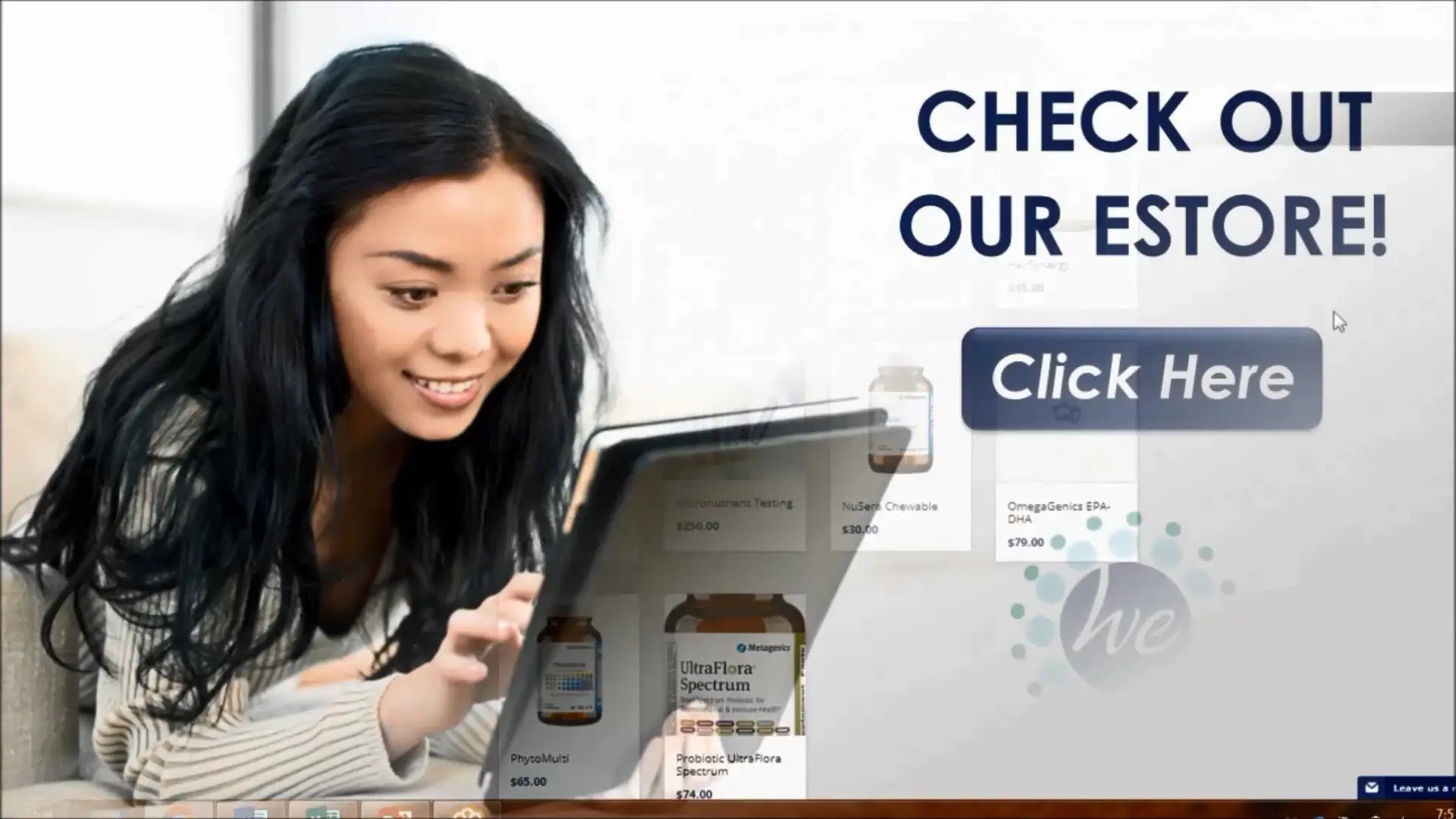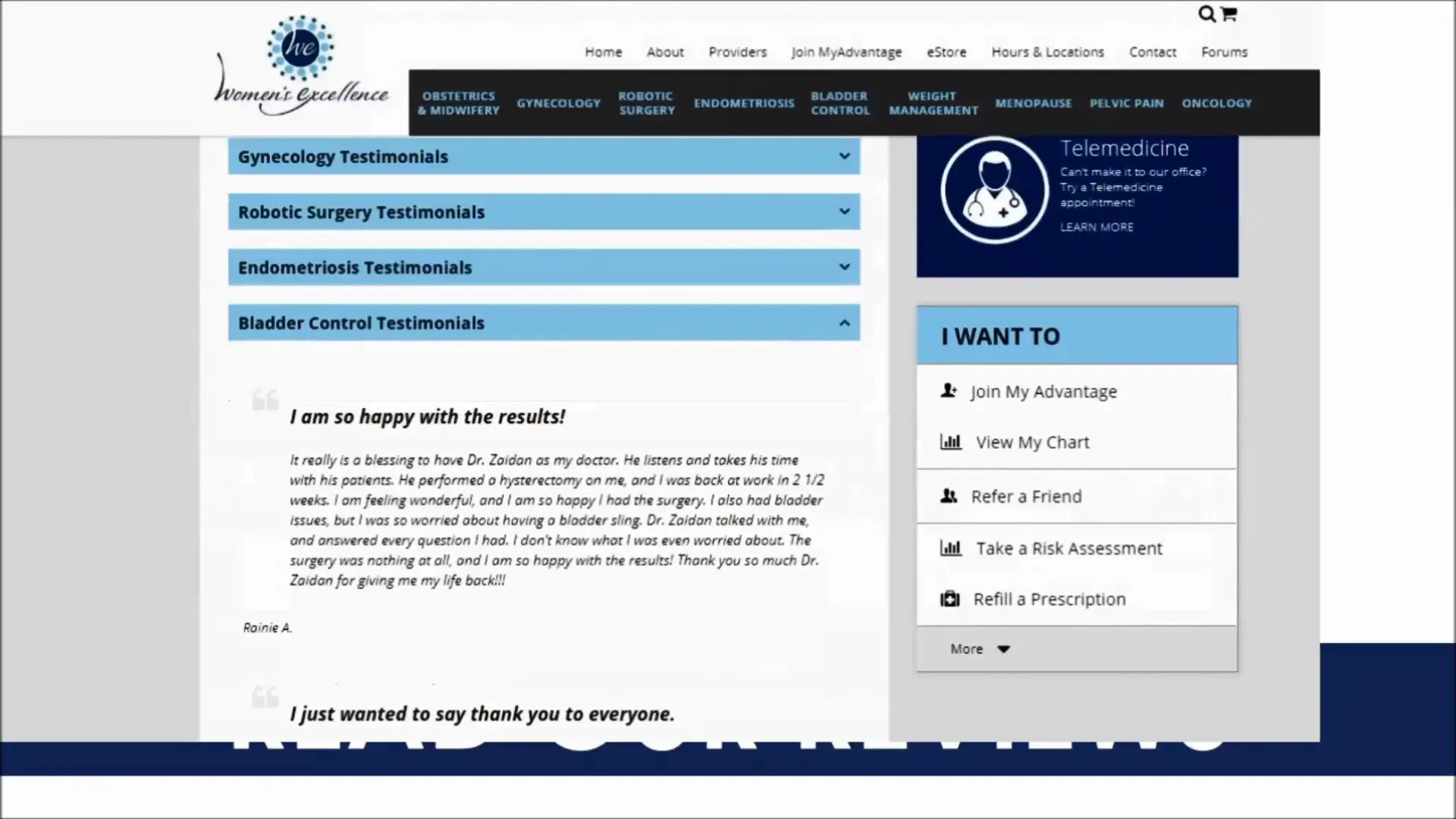If you notice any of these signs, please call the office, if it is after hours, listen to the message to determine which prompt to push. If you are unable to reach a provider, go to the hospital.
- Heavy vaginal bleeding: Red bleeding where you need to wear a pad. A small spot when you wipe, after going to the bathroom, or a pinkish discharge should be mentioned to a provider but you don’t need to come in unless it is heavy.
- Cramping with vaginal bleeding in the first three months of pregnancy
- Cramping or contractions after the first three months and before 36 weeks: If you have frequent cramps where your uterus gets tight (it may feel like your period or like the baby is balling up) you should drink 3 large glasses of water, and lay on your left side and rest. If the cramps still occur 6 times in an hour and the cramps last 30 seconds or longer, go to the hospital, it is too early to have your baby.
- Broken or leaking bag of water: A gush of water or water continuously leaking from the vagina no matter what you do. Often the water can soak your clothes.
- Baby movement is less or no movement: Once you feel your baby move regularly, the baby should move everyday. If you notice decreased movement, lay on your left side, and drink some juice, eat some food if you haven’t eaten in awhile. Count the baby’s movements. If the baby moves less than 10 times in 2 hours, go to the hospital.
- Signs of high blood pressure after 6 months of pregnancy: Sudden swelling of face and hands, blurry vision, double vision, chest pain, or severe persistent headaches, which do not go away with Tylenol or rest.
- High fever of 101 or greater
- Signs of a bladder infection: Burning at the end of urination, may have a backache and/or feel like you have to urinate often but only a few drops come out.
- Vaginal itching or burning: This is not an emergency. Call the office.
If you have other problems or questions ask the provider at your next visit or call if it can not wait.







